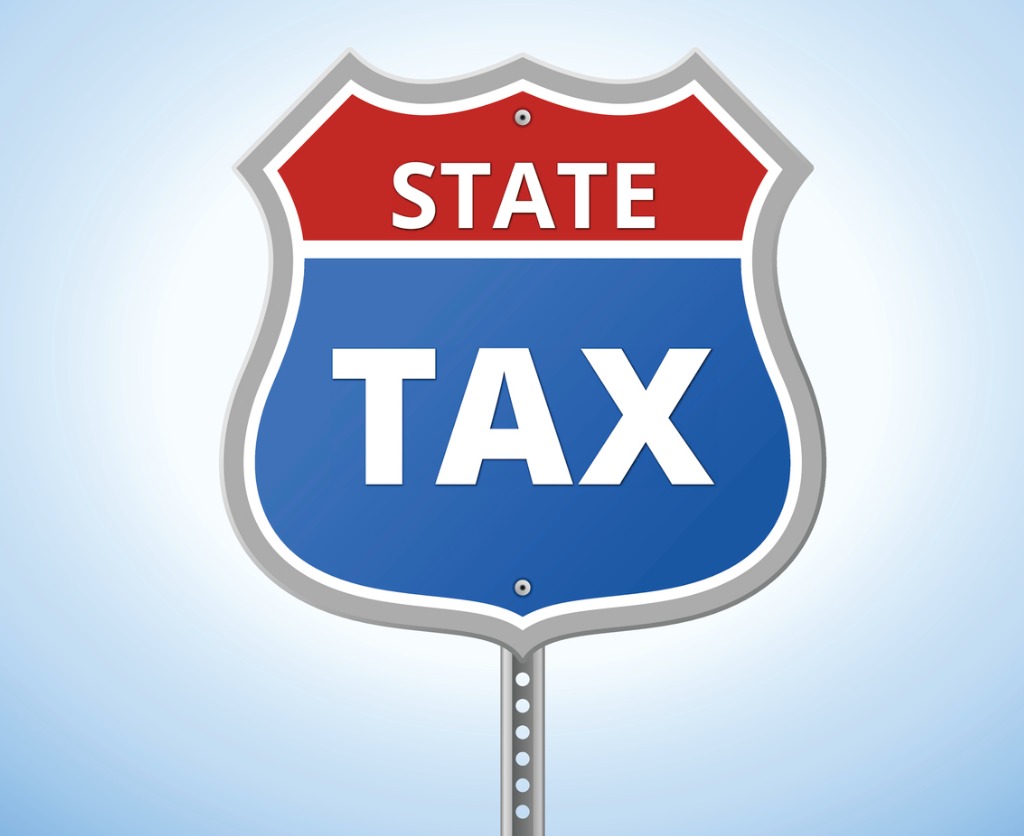


Sales tax obligations that may apply to a remote sellers or sellers on Amazon, Ebay, or Sopify, etc. With the evolution of online sellers, the sales tax rules of the states in the United State have completely changed. Most of the states in the United States are now requring sellers to pay and file a sales tax return based on their nexus in the state.
Nexus is the main criteria to determine if you need to charge sales tax in New Jersey. Nexus with New Jersey can be determined with the following two criteria.
Let’s review detailed aspects of both nexus types.
Seller nexus is assessed with the following criteria.
If your business meets any of the given criteria, the nexus is established. The nexus for New Jersey can be visited to further explore and understand.
An economic nexus can be established with the following thresholds.
Enacted legislation requires sales made on and after November 01, 2018, by a remote seller in New Jersey is required to collect and remit sales tax if any of the following criteria is fulfilled.
An alternate criterion is to assess number of transactions.
If any of the given criteria are fulfilled, the remote seller is required to register, collect, and remit sales tax in New Jersey.
If remote sellers are engaged in service performance, sale of specified products, or physical property via the marketplace, they are not required to collect sales tax. Instead, it’s the responsibility of marketplace facilitator to ensure sales tax is collected and remitted.
It’s equally important to note that marketplace facilitator is required to collect and remit sales tax irrespective of the fact that given economic criteria are fulfilled or not.
The collection of sales tax in New Jersey is fairly easy. It’s due to the fact that New Jersey does not have a local sales tax rate. So, it uses state sales tax rate of 6.625%. So, it’s straightforward.
Applicable regulations in New Jersey require charging sales tax on taxable items. If a shipment is made for taxable and non-taxable supplies in a single delivery, the business needs to separate taxable and non-taxable supplies based on weight.
So, only shipping charges allocated to the taxable weight are charged. On the other hand, the shipping charge on non-taxable supplies is exempt. However, if you are not able to differentiate between taxable and non-taxable supply in delivery, sales tax is to be collected on the delivery charges billed to the customers.
In New Jersey, a remote seller needs to register, collect, and remit sales tax if they have nexus. The nexus is established by fulfillment of two criteria. These criteria are related to the physical and economic aspects of the business.
Physical aspects are about the place of doing business and other matters related to location. On the other hand, economic aspects are about revenue threshold and a number of transactions. Likewise, sales tax is to be charged on the taxable delivery to the customers.
Further information for the sales tax in New Jersey can be obtained from the official site of the states.
At RKB Accounting, we file sales taxes in all states in the United States. We also provide incorporation and formation services in all the states of the United States. We help our client in choosing the right type of entity and help in cross border-tax planning.
Disclaimer: Information in the blog/post/article has been presented for a broad and simple understanding. This is not legal advice. RKB Accounting & Tax Services does not accept any liability for its application in any real situations. You need to contact your accountant or us for further information.